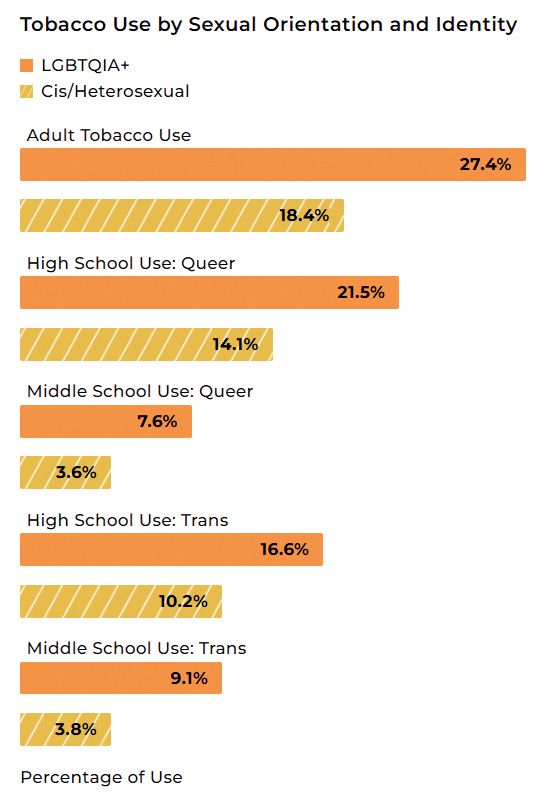News from the Noteworthy from Tobacco Free Communities: DOS
LGBTQIA+ Tobacco Use Disproportionate

Otsego Pride Alliance’s Pridefest on Oneonta’s Main Street, June 1, celebrated LGBTQIA+ communities to the fullest, with vibrant and sparkling colors, costumes, music, and people. The weather joined in the atmosphere, with plenty of sunshine, a light breeze and no rain in sight. At 4:20 p.m., the revelry paused for about half an hour so that Otsego Pride Alliance founder and Vice President Kirsten Eggers and Diane Foster could exchange wedding vows, a first in the 10 years of celebrating pride in Otsego County. It does not get much more celebratory than that.
We at Tobacco Free Communities: Delaware, Otsego & Schoharie were proud to be part of Otsego County’s Pridefest, where we shared our free educational resources and gave away our objectively-speaking pretty pens and Reality Check wrist bands. But observing and celebrating Pride is for all of June, not just one day. We feel it is vital to keep informing LGBTQIA+ members about their disproportionately high rates of commercial tobacco use and health disparities compared to their heterosexual and cisgender counterparts—as well as the growing number of excellent health and cessation resources and organizations to reduce them.
You have reached your limit of 3 free articles
To Continue Reading
Our hard-copy and online publications cover the news of Otsego County by putting the community back into the newspaper. We are funded entirely by advertising and subscriptions. With your support, we continue to offer local, independent reporting that is not influenced by commercial or political ties.

